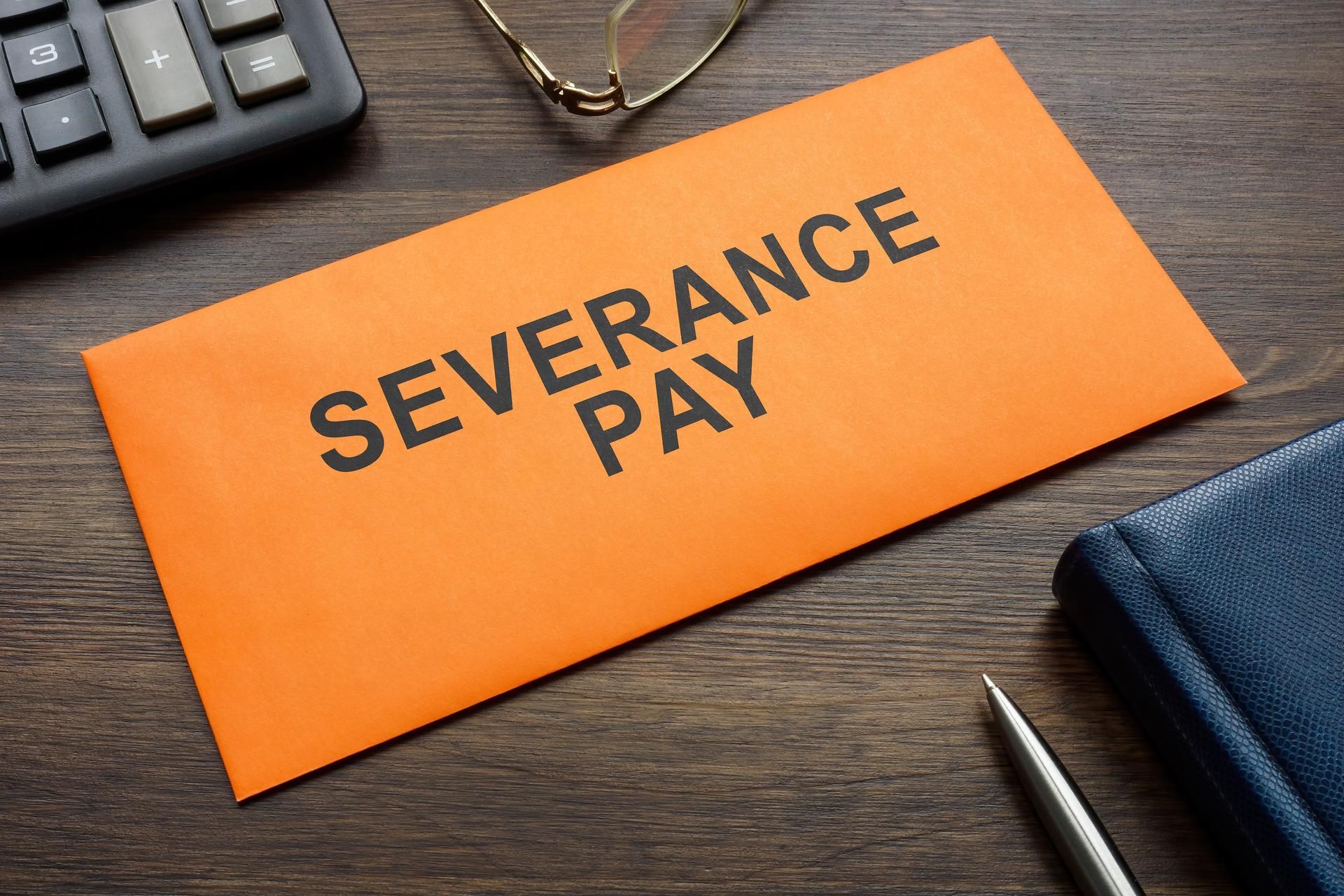Signs You Were Unlawfully Discharged From Your Job

Studies have estimated that at least 150,000 employees are wrongfully discharged from their work each year in the US. If you've recently been fired and are concerned that your discharge might have been illegal, this statistic shows that your termination may have broken the law. Below are five red flags that point to the possibility that your employer was not within their rights to discharge you.
You Were Vocal About Workplace or Labor Issues and Rights
The National Labor Relations Act prohibits employers from threatening, reprimanding, or discharging workers for exercising their labor rights. This may include asking for safer working conditions, discussing wages with colleagues, or participating in concerted legal activities such as strikes. The act protects all employees regardless of whether they are part of a trade union or not.
If you believe that your boss fired you because of this reason, you can pursue a wrongful discharge suit.
There Were Signs of Discrimination Before They Let You Go
Under workplace discrimination laws, employers cannot terminate workers because of their gender, religion, impairment, age, or ethnicity. The law also forbids employers from dismissing workers because of a health condition or pregnancy. Workplace discrimination offers sufficient grounds for a court case.
In some parts of the United States, employees cannot be terminated because of their sexual orientation or gender identity status, but know that issue is before the United States Supreme Court and there is no telling which way the Court will rule.
There's Evidence of Breach of Good Faith
It's against the law to fire staff to prevent them from getting certain types of sales commission. This is referred to as a breach of good faith. Alabama has a Wholesale Commissions’ statute. Just know that law is tricky and requires a deep dive into the nature of the products you sold, to whom uses the products, and how the State taxes those products.
Your Boss or HR Manager Retaliated Against You
If an employee formally files a complaint alleging discrimination, uses FMLA, or seeking overtime pay, and gets fired for doing so, this is referred to as retaliation, and it's illegal. A workplace complaint becomes formal when it's submitted to the company's management team or a regulatory organization such as the National Labor Relations Board or the Equal Employment Opportunity Commission. The same applies if an employee who is a witness in an internal investigation or a whistle-blower. Informal complaints are also protected, but its best you have submitted that Complaint in writing and retained a copy.
You Underwent a Genetic Test Just Before You Were Discharged
If your former company introduced genetic screening to their recruitment process and used the genetic information to make employment decisions, they may have dismissed you because of your genetic makeup.
The use of genetic test technologies to screen and evaluate employees and job candidates is unlawful under the Genetic Information Non-discrimination Act. You can sue the organization for wrongful dismissal and get compensated.
What to Do If You Believe Your Firing Was Unlawful
If you believe or even suspect that you were fired because of the reasons highlighted above or any other illegal reason, you should consult an attorney to see if he or she can pursue a wrongful discharge lawsuit on your behalf and recover compensation. But filing a wrongful discharge complaint can be a complex and confusing process. You should hire an employment law attorney to help you navigate the demanding process.
Make sure the attorney is competent, reputable, and has an excellent track record. Work with a lawyer who understands workplace and employment law. A skilled employment law attorney can help you seek compensation for lost wages and benefits and any other damages you may have incurred. If you want your old job back, an employment law attorney may help you come up with a strategy to force your employer to rehire you.
Let Our Skilled and Reputable Lawyers Help You
Do you have any questions about employment law? We'll be happy to answer it. If you believe you were a victim of workplace harassment, discrimination, or intimidation from your current, former, or prospective company, I can help you file formal complaints and pursue your rights. Contact us right away for a free telephone consultation.
Alabama Rules of Professional Conduct Notice: No Representation is made that the quality of legal services offered is greater than that of other lawyers. The information contained on this website is not a substitute for legal advice, and reading it does not create an attorney-client relationship.
Alabama Rules of Professional Conduct Notice: No Representation is made that the quality of legal services offered is greater than that of other lawyers. The information contained on this website is not a substitute for legal advice, and reading it does not create an attorney-client relationship.









